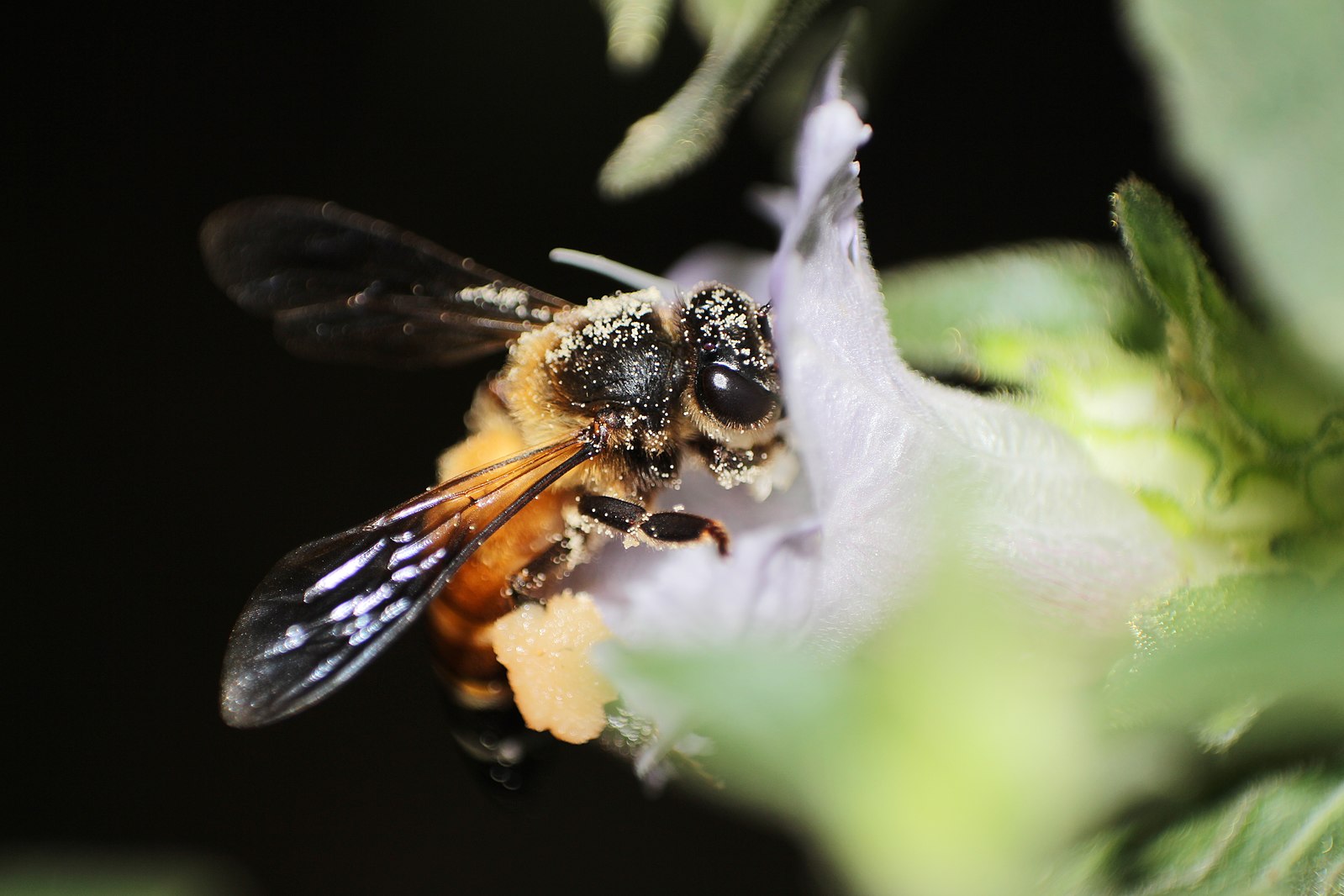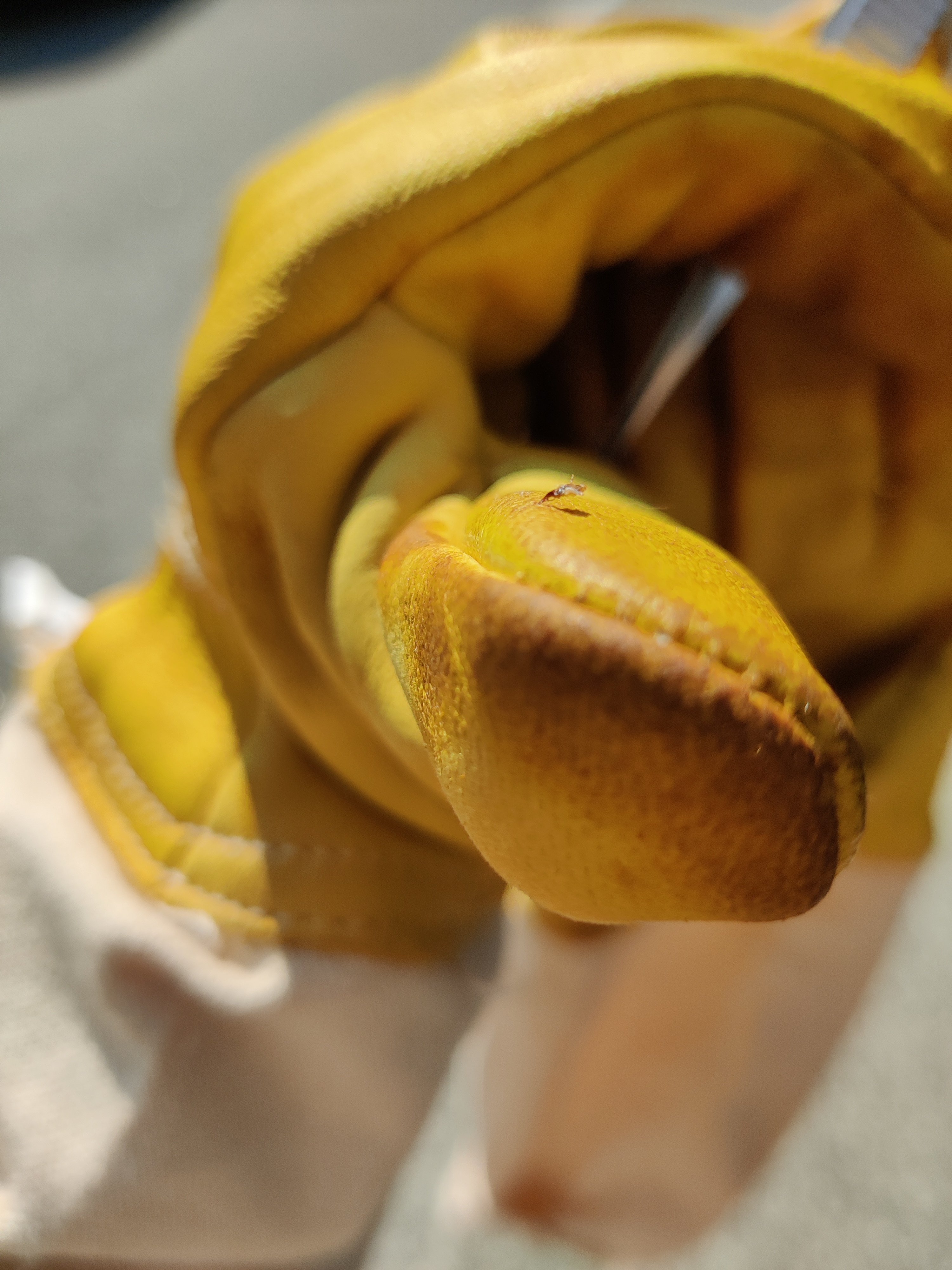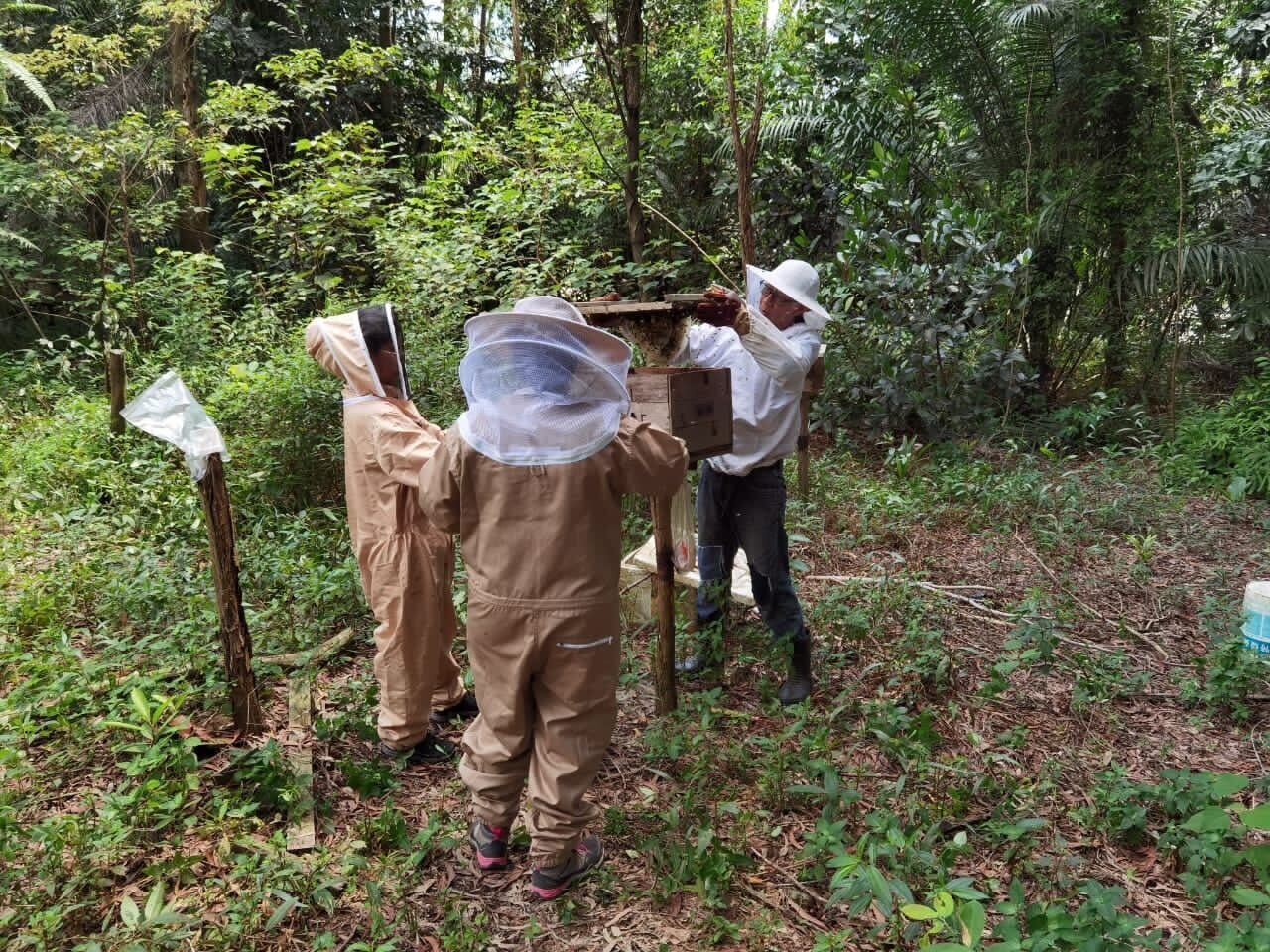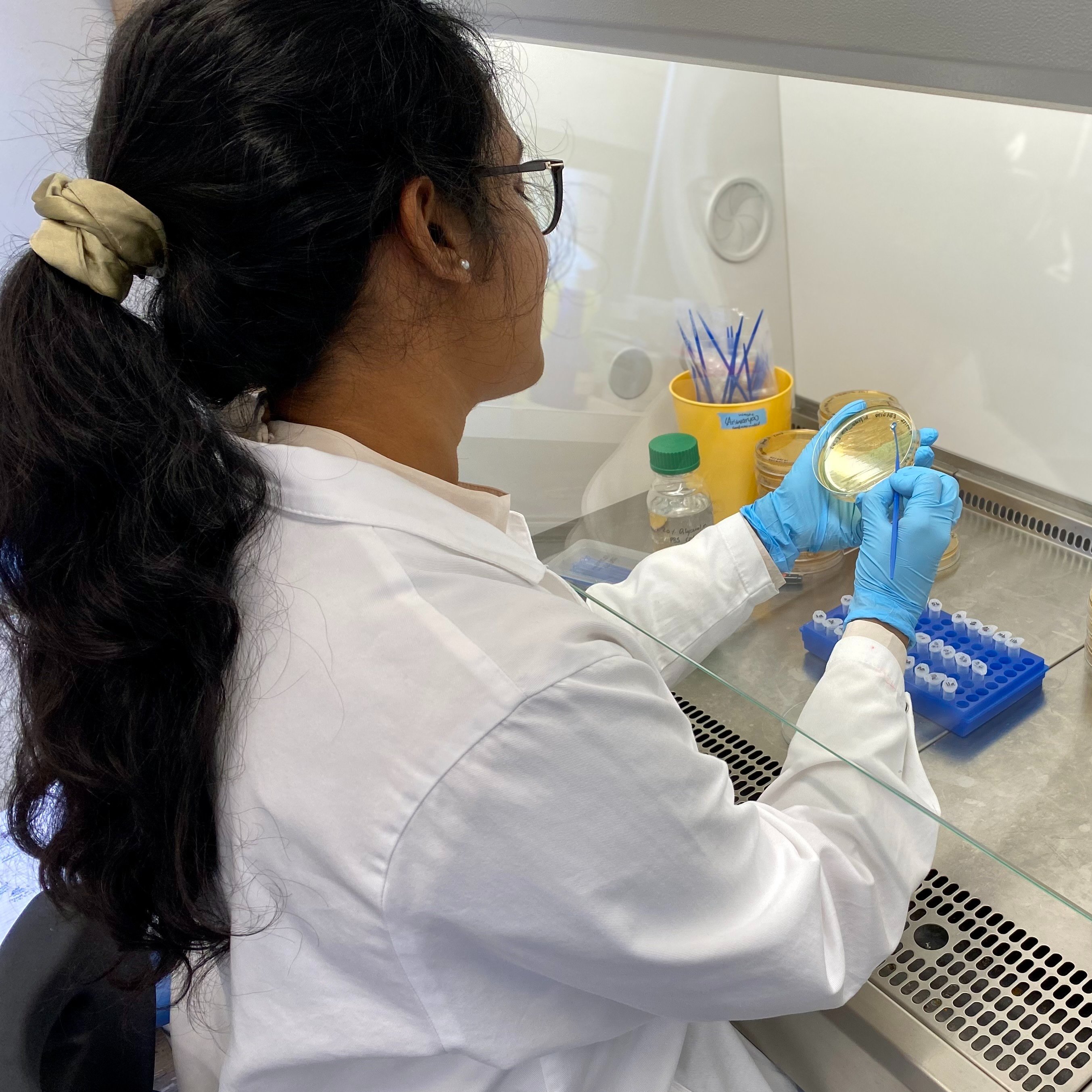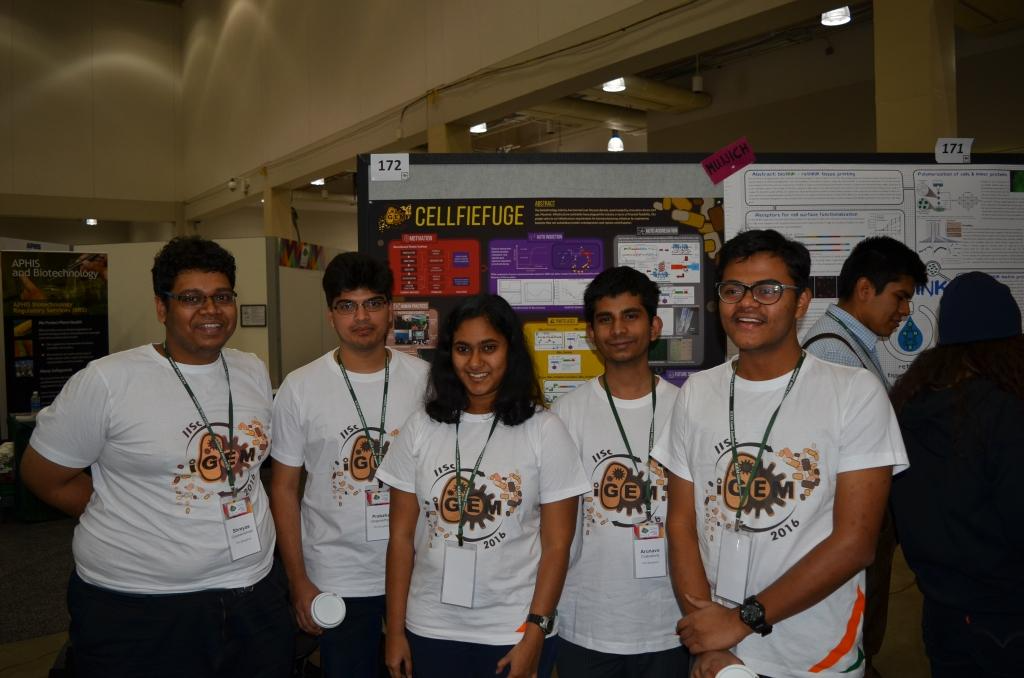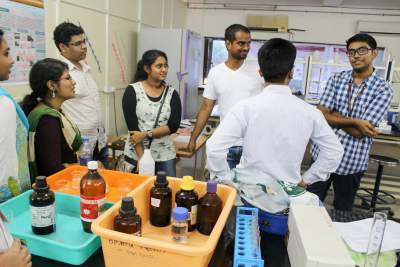Research Interest
My research focuses on the bacterial diversity and ecology of animal gut microbiomes. I’m particularly excited by how modern sequencing and bioinformatics enable questions that were nearly impossible to tackle a decade ago.
Through my PhD, I’ve explored how microbiomes operate at the strain level—a crucial but often ambiguous unit of diversity. Strain-level resolution is especially relevant to understand microbiome ecology that can enable microbiome engineering and designing stable synthetic microbial strains and consortia. Using both natural variation and controlled experimental systems in honeybees, I investigate the eco-evolutionary processes shaping these bacterial communities.
August 2020 --- March 2025
University of Lausanne, Switzerland
Honeybees serve as a powerful model for studying gut microbiota evolution in the context of host ecology and evolutionary history. Unlike the highly diverse and variable microbiomes of humans, primates, or mice, honeybees harbor a small, conserved set of gut microbes shaped by well-documented ecological and evolutionary forces. This makes them a tractable system for understanding how gut microbiota are distributed and evolve across hosts.
August 2022 --- August 2025
University of Lausanne, Switzerland
Gut microbial communities often differ at the strain level even among closely related individuals, but the ecological mechanisms driving this variation are not well understood. One potential driver is priority effects—differences in the timing or order of microbial colonization—which can lead to lasting differences in community structure even under similar environmental conditions.
August 2024 --- August 2025
University of Lausanne, Switzerland
Little is known about the gut microbiome of wild honeybees. Taking advantage of a large collection of wild honeybees of various subspecies from across Africa, painstakingly put together by our collaborators, we are investigating the differences in the gut microbiome of wild and managed honeybees. We are using shotgun metagenomics to resolve strain-level differences in the gut bacterial community and are currently analyzing the data to identify bacterial strains and species that are found in wild and managed honeybees and investigating their distribution across colonies of different subspecies.
August 2019 --- July 2020
Indian Institute of Science, Bengaluru, India
As a Master’s student eager to work on cutting-edge technologies, I chose to focus my thesis on gut microbiome research using Nanopore sequencing—an emerging platform that excited me deeply.
August 2018 --- August 2019
Indian Institute of Science, Bengaluru, India
As an undergraduate student, I was excited to explore emerging technologies for studying the gut microbiome and joined a project focused on gut metaproteomics—the large-scale study of microbial proteins in the gut.
February 2016 --- October 2016
Indian Institute of Science, Bengaluru, India
In 2016, I co-initiated the first iGEM team at the Indian Institute of Science (IISc), Bengaluru. The iGEM competition (International Genetically Engineered Machines) is a global synthetic biology event that brings together student teams to design and build biological systems using standardized genetic parts.
